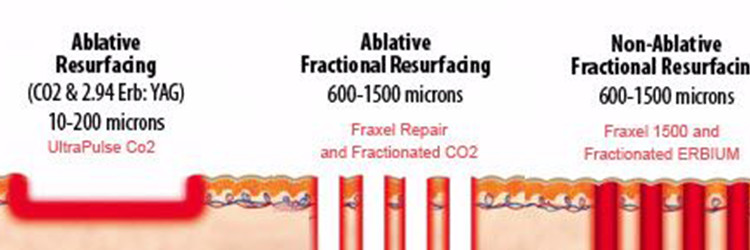Laser therapy has established itself as a popular form of treatment for a variety of skin concerns. Skin resurfacing or skin rejuvenation is a purpose for which laser therapy can be employed to treat aesthetic concerns such as wrinkles, fine lines, acne scars, surgical scars, age spots and stretch marks.
There are essentially two types of laser therapy for this purpose: Ablative Laser Resurfacing and Non-Ablative Laser Resurfacing. Both ablative and non-ablative laser therapies are non-surgical methods of enhancing the texture of the skin.
Let’s take a closer look at the differences between the two.
Ablative vs. non-ablative laser skin resurfacing
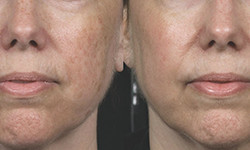
The ablative methods work to remove the topmost layer of the skin and treat deeper scars, whereas the non-ablative methods keep the outer layers of the skin intact and work to improve the texture and tone of the skin.
What are the types of ablative lasers?
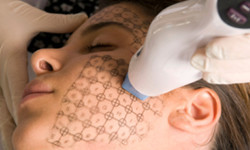
Who is a good candidate for ablative laser skin resurfacing?
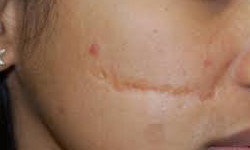
What is a good candidate for non-ablative laser skin resurfacing?
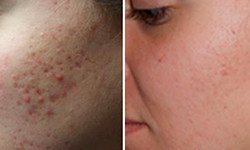
If you’re still debating ablative vs non-ablative laser treatment, then it is best to consult your dermatologist to assess the extent of skin damage and pick a suitable treatment method.

